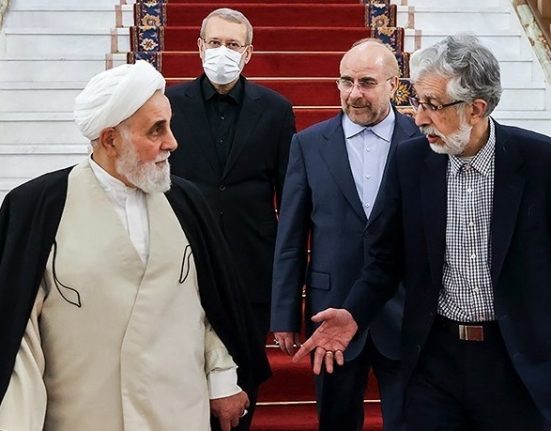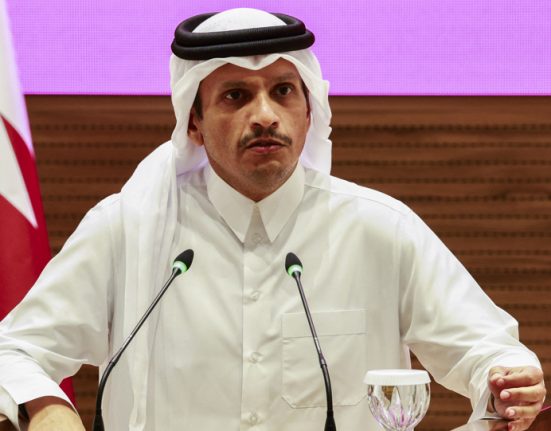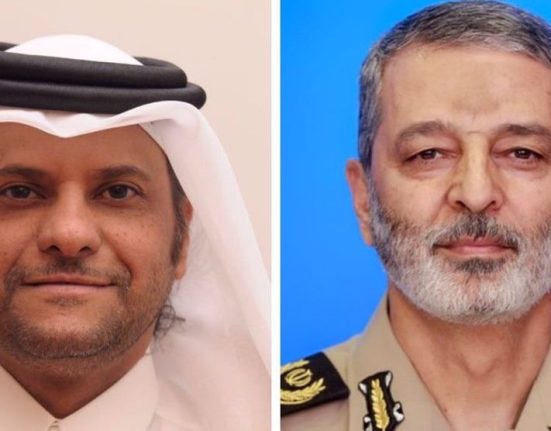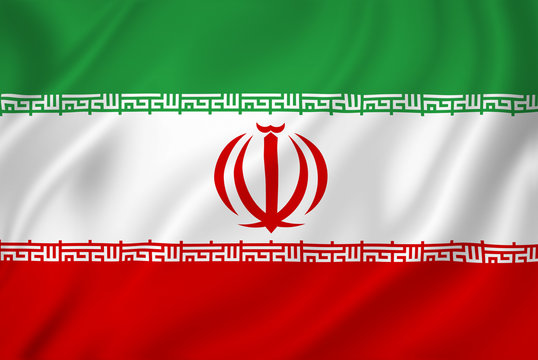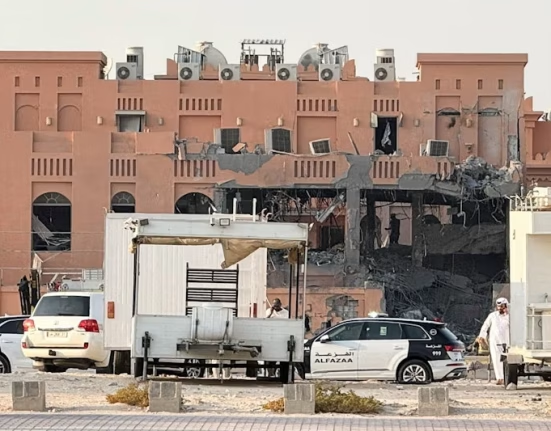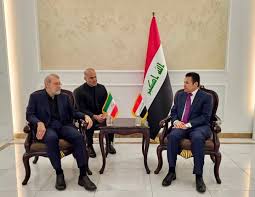In a provocative statement that has stirred global attention, former Russian President and current Deputy Chairman of Russia’s Security Council, Dmitry Medvedev, has claimed that several unnamed countries are prepared to directly supply Iran with nuclear warheads. His remarks, which come amid escalating geopolitical tensions in the Middle East and ongoing concerns over nuclear proliferation, have sparked renewed debates about international security and strategic alliances.
Speaking during a media engagement monitored by KIIN360, Medvedev did not provide specific evidence or identify the countries allegedly involved, but he asserted that the political climate has reached a point where some nations may no longer be deterred by traditional arms control frameworks. “A number of countries are ready to directly supply Iran with their own nuclear warheads,” he was quoted as saying, raising eyebrows in diplomatic circles and drawing sharp reactions from international observers.
This statement adds to the growing uncertainty around Iran’s nuclear ambitions, which have long been a subject of concern for Western powers and regional rivals alike. While Iran has consistently maintained that its nuclear programme is for peaceful purposes, suspicions persist, particularly after the collapse of the 2015 nuclear deal and Tehran’s reduced cooperation with international atomic monitoring agencies in recent years.
Analysts suggest that Medvedev’s comments could be intended as a strategic signal amid Russia’s increasing confrontations with Western governments, especially in light of its ongoing conflict in Ukraine and its broader efforts to realign global power dynamics. By invoking Iran, a country already under heavy sanctions and scrutiny, Moscow may be leveraging geopolitical rhetoric to pressure Western blocs or influence regional calculations.
If substantiated, such a move would mark a significant escalation in nuclear risk and could draw serious responses from NATO-aligned nations and UN agencies responsible for arms control. As of now, no concrete confirmations have emerged from the countries allegedly involved in such a potential transfer.


